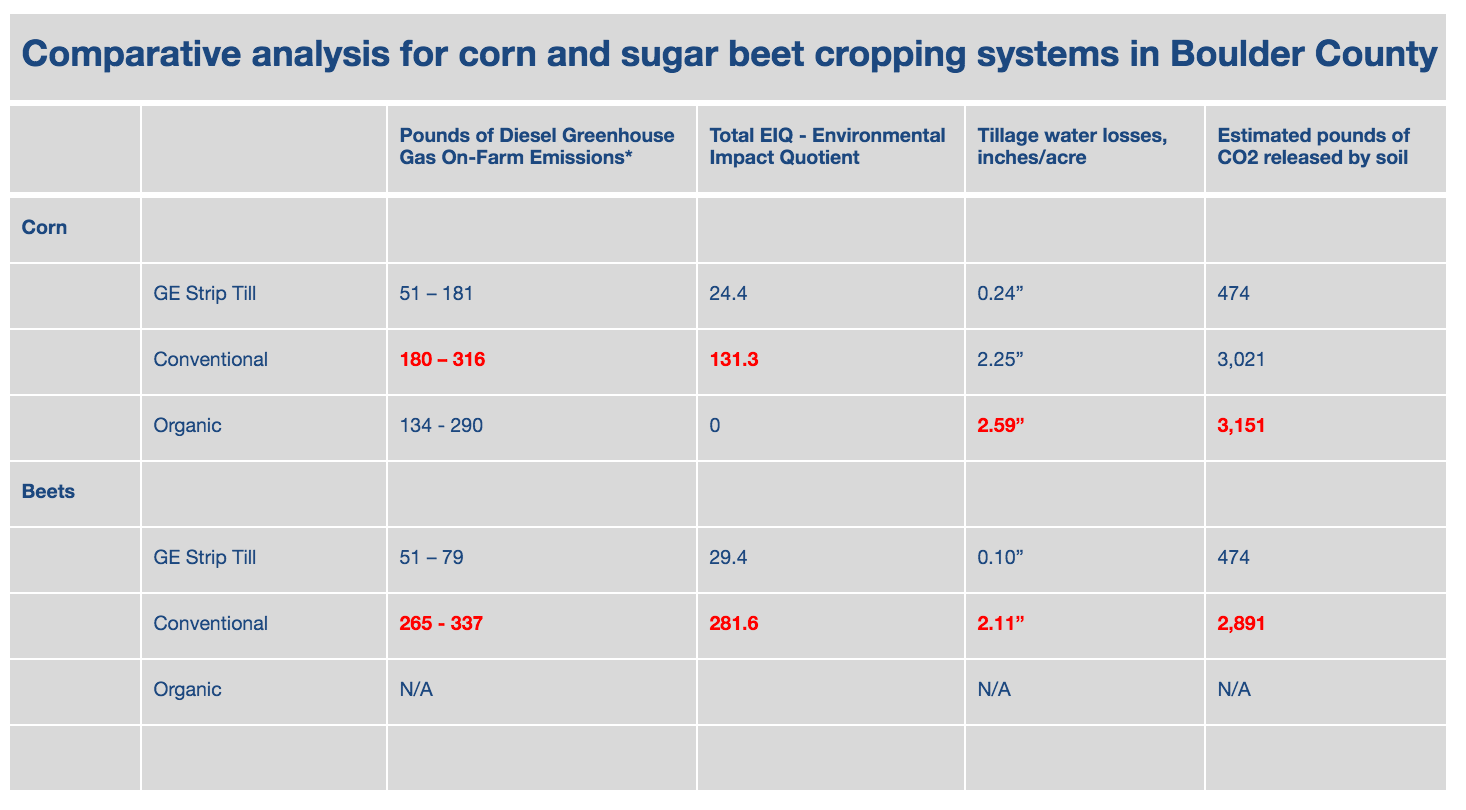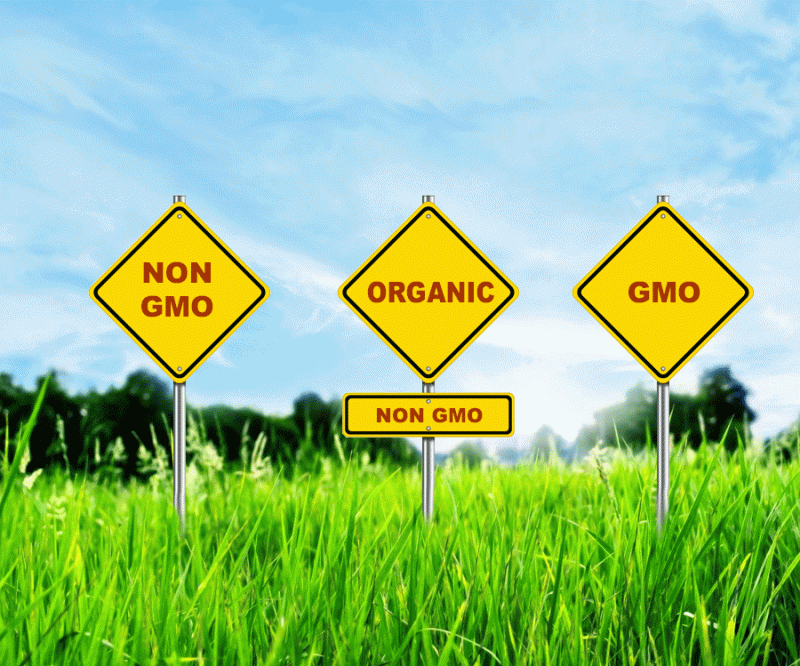The use of GE (genetically-engineered) seed and herbicide with strip-till farming in Boulder County is not a black-and-white issue. Rather, it is shades of gray, with many trade-offs. The question to is: Do the benefits outweigh the costs or not?
Boulder County farmers usually use GE strip-till farming (a minimum till technique) as part of a four-year crop rotation, commonly corn, to wheat, to sugar-beets, to barley. With GE strip-till for corn/sugar-beets, the previous year’s crop residue is left on fields as mulch, to protect and feed soil and suppress weeds. Farmers do not plow their strip-till fields. Instead, they wait until planting time, and then cut 6-12-inch wide planting strips into crop-residue-covered fields, inserting seed and fertilizer into the strips at the same time.
Because strip-till farmers are not plowing, disking, or cultivating, they depend on the previous year’s crop residue for weed control. Often this residue does not suppress enough weeds, and so they also use Roundup (active ingredient glyphosate) to kill weeds soon after planting. To keep the herbicide from killing the crop which is just emerging, they use GE “Roundup-ready” corn or sugar-beet seed, which is not affected by Roundup.

Boulder County and CSU staff compiled the chart above comparing GE strip-till farming with conventional and organic farming for both corn and sugar-beets, across four different categories. (No one farms sugar-beets organically because there is no market, so organic sugar-beets are not included.)
Comparing on-farm diesel greenhouse gas emissions (first column of figures), you see that Boulder’s conventional farms emit the most, followed closely by organic farms. That is because our conventional and organic farmers make many more trips across their fields, plowing, disking, cultivating, planting and cultivating again. Boulder’s GE strip-till farmers make only one or two trips across their fields, planting and spraying, so they use less diesel and emit less CO2.
Cornell University developed the EIQ “Environmental Impact Quotient” scoring system (second column), which assigns a toxicity score to every herbicide and insecticide. The EIQ score is a sum of all the scores of all the toxic products used on a particular crop. In this second category, Boulder’s organic farms clearly win, with GE strip-till farms a close second and conventional farms losing. That’s because conventional farms use the same or more toxic herbicides as GE strip-till, plus many more pesticides that aren’t necessary with GE strip-till, since GE seed has been engineered to resist certain insects.
Comparing inches of water lost per acre due to tillage (third column), Boulder’s organic farms lose the most moisture, with conventional close behind and GE strip-till winning. Because they are not cultivating or plowing, GE strip-till farmers lose 1/10th the soil moisture of organic farmers. The previous year’s crop residue on GE strip-till fields protects soil from sun and wind, preserving soil moisture. Organic farmers cultivate for weed control multiple times since they are not using herbicides, and so lose 15 percent of annual precipitation from soil as a result. (Compost, manure, and agricultural water from irrigation ditches contain weed seed, so our farmers constantly battle weeds.)
Comparing amounts of CO2 released from soil (fourth column), again organic farms lose, followed closely by conventional. GE strip-till releases 1/7th as much CO2 from soil as other methods. When soil is disturbed and broken up by a plow, its releases CO2 into the atmosphere, contributing to climate change. GE strip-till disturbs soil minimally, so much less CO2 volatizes from strip-till fields.
GE strip-till farming in Boulder has both advantages and disadvantages. Its disadvantages are 1) the disputed environmental consequences of depending on herbicides for weed control and on genetically-engineered seed (argued in many previous Camera editorials); and 2) less income from crop residue, i.e. as silage, biochar, cellulosic ethanol.
The advantages of GE strip-till are 1) excellent erosion control, soil moisture conservation and better water infiltration from crop residue left on fields, boosting plant growth; 2) decreased labor and fuel costs, less soil compaction, and lower diesel emissions from less plowing; 3) improved soil health from more soil organic matter, increased soil microbial activity and healthier soil fungi, thanks to less plowing and more crop residue; and 4) increased overall sequestration of CO2 by soil, caused by both lower CO2 losses from soil carbon volatizing or eroding, and higher sequestration rates from increased soil microbial activity.
It’s not easy rearranging perceptions of “bad” industrial farming, and “perfect” organic farming, but sometimes facts force recalibration. So what do you think? Do the benefits of GE strip-till farming outweigh the costs or not?
You can read the Boulder County report here.
This article originally appeared on the Daily Camera here and was reposted with permission of the author.
Elizabeth Black paints and farms in north Boulder, and promotes soil sequestration of carbon to help combat climate change.































